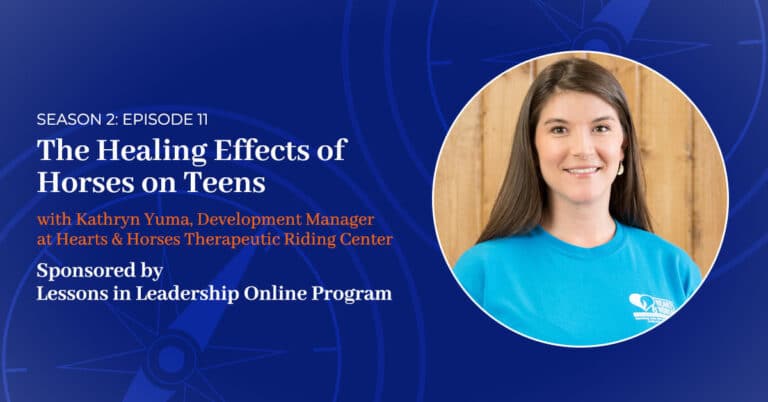Teenage years can be difficult transitional years. Most people, including teenagers themselves, have little to no idea how much worse processed foods can make those years. As teenagers prepare to leave high school and join the complicated world of adulthood, it is tragic to think that they are doing so with the consequences of processed foods. Surprising consequences can include depression, anxiety, irritability, fatigue, disrupted sleep, racing thoughts, brain fog, weight gain, eating disorders, and illnesses. Find out how to support teenagers to develop their own desire to avoid processed foods.
Dr. Ifland is the lead author of the first scholarly description of processed food addiction and definition of addictive foods. She earned her PhD in addictive nutrition at Union Institute and University (2010); her MBA at Stanford Business School (1978) and her BA in Economics and Political Science at Oberlin College (1974).
Dr. Ifland has been creating breakthroughs in recovery from food addiction from 1999 with her first popular book to 2018 when her textbook, Processed Food Addiction: Foundations, Assessment, and Recovery was released by CRC Press. She has been selected for her expertise by Oprah Winfrey Network, Martha Stewart Wedding Magazine, Fortune Magazine, and US News and World Report.
Key Takeaways
- How parents can model healthy eating choices to help their teens create good habits.
- The human brain is wired to fit in and belong. If your teen associates with people who have poor eating habits, it is likely they will be influenced by those habits.
- Your teens are being inundated with messages that drive their motivation to eat unhealthy food.
- When you keep food in your home that contains poor quality nutrients such as processed food, sugar, flour, preservatives, additives, etc. your kids will learn to crave those unhealthy foods.
- Limiting the availability of poor-quality food in your home can help shift your teens eating behavior.
- Create a list of clean eating foods and have a family meeting to talk about which foods your family enjoys so you can keep them on hand.
- Make healthy food readily prepared and available so your teen can grab a healthy snack or meal when time is limited.
- Get your family involved in preparing and cooking by scheduling family cooking sessions once a week. This will set them up for life-long success.
- As your teens begin to make healthy food choices, keep track of improvements you see in their sleep, behavior, grades, outlook, health, motivations, sports, etc.
Resources
- Website: FoodAddictionReset.com
- Website: ProcessedFoodAddiction.com
- Self-Quiz to see how you are experiencing food addiction in your own life: Take the Quiz




